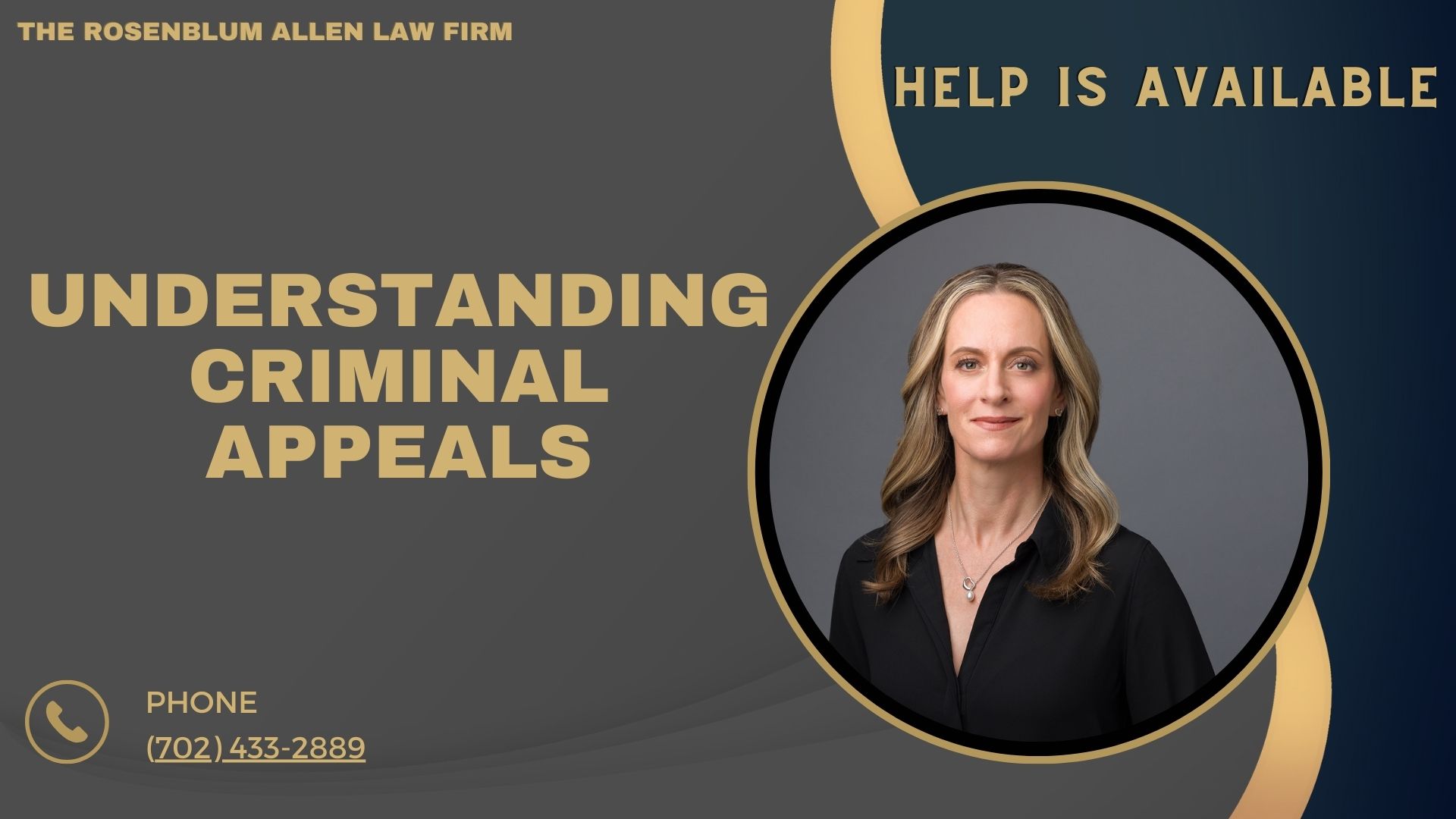The journey may not end when a criminal trial concludes with a conviction. For many, the next step is navigating criminal appeals. They are a vital part of our legal system. They ensure fairness and justice. This guide will walk you through a criminal appeal, why it’s essential, and how the process unfolds.
Note: Make sure to also check out our How Often are Custody Appeals Won post while you’re here
What is a Criminal Appeal?
In a criminal appeal, a higher court reviews a lower court’s decision. It ensures that the trial was fair and correctly applied the law. An appeal is unlike a trial. It’s not about re-hearing the whole case or adding new evidence. It’s about finding legal errors that could have affected the verdict or the sentence.
Definition and Purpose of an Appeal in Criminal Law
At its core, an appeal in criminal law is a request to a higher court to review and change a lower court’s decision. The main goals are to fix errors and to explain the law. This helps keep a consistent legal system.
Distinction Between Trial Court Proceedings and Appeals
Trial Court Proceedings Focus on facts. Here, juries or judges observe testimony, review evidence, and decide whether the defendant is guilty or innocent.
Appeals: Concentrate on law. Appeals courts do not re-assess facts or evidence but look at whether the law was applied correctly and whether any legal mistakes could have influenced the trial’s outcome.
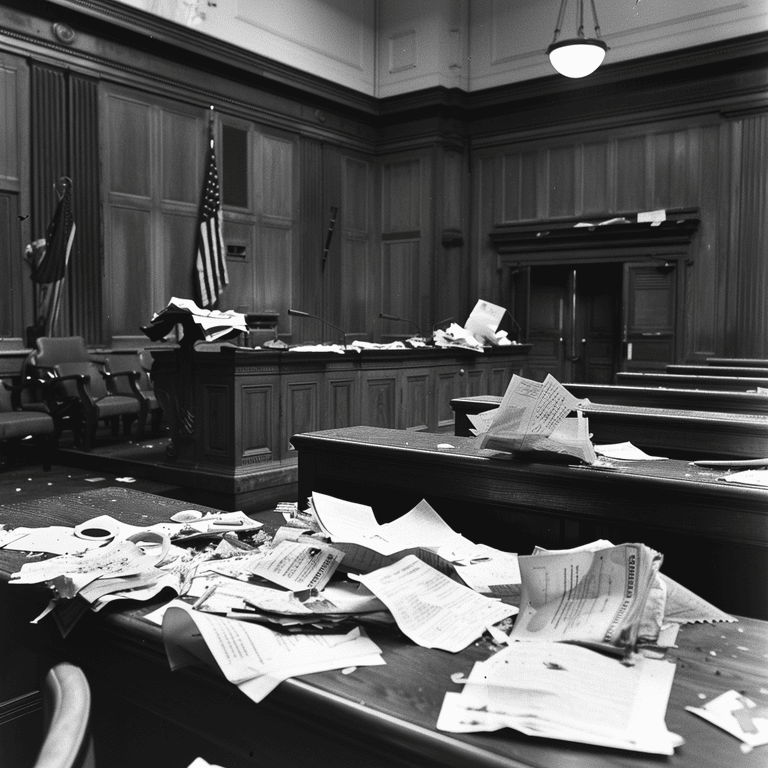
The Basis for a Criminal Appeal
It is crucial to understand why and on what grounds someone makes an appeal. Not every court disappointment qualifies for an appeal; you must meet specific criteria.
Legal Grounds for Appealing a Criminal Conviction
An appellant can’t simply argue that the verdict was wrong. Instead, they must point to specific legal errors, such as:
Misapplication of the law
Improper admission or exclusion of evidence
Insufficient evidence to support a guilty verdict
Errors in jury instructions
Common Reasons for Appeals in Criminal Cases
The most frequent grounds for appealing include:
Procedural Errors: These might include mistakes in handling evidence or errors in explaining the law to the jury.
Constitutional Violations include infringements on rights like improper search and seizure or lack of legal representation.
This framework sets the stage. It’s for anyone looking to understand or engage with criminal appeals. Knowing the appealable errors is key. Trials and appeals are different. They give people the knowledge to seek justice after the first verdict.
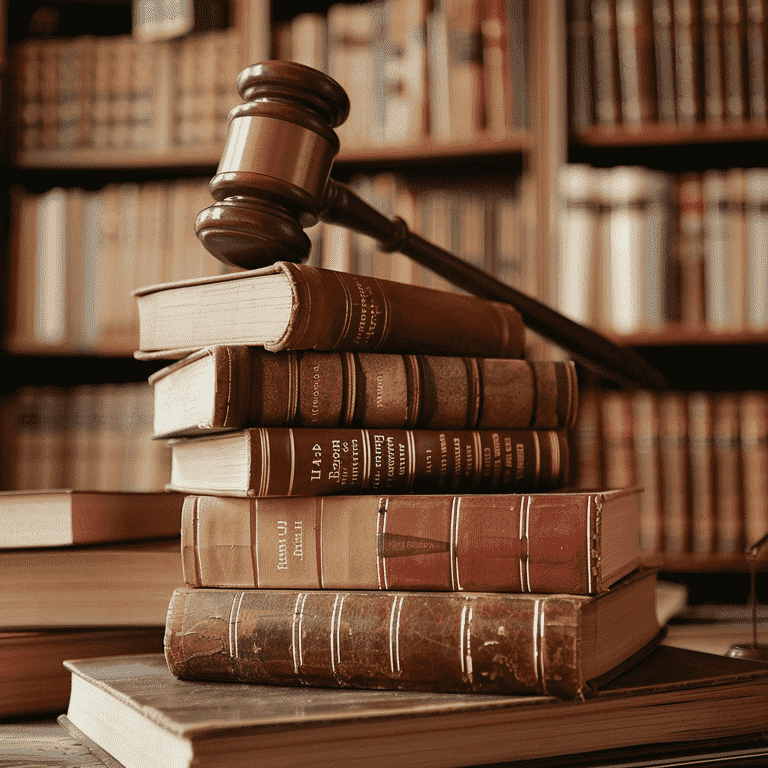
The Criminal Appeals Process
Navigating appeals can seem daunting. But, understanding each step can demystify the journey and clarify what to expect. Here’s a straightforward breakdown of the stages involved in a criminal appeal.
Filing the Notice of Appeal
The first step in initiating an appeal is filing a Notice of Appeal. This document formally declares the intent to seek review by a higher court.
What is a Notice of Appeal?
A legal document filed by the appellant (the person appealing the case) that starts the appellate process.
Deadline for filing
The deadline to file a Notice of Appeal is crucial and varies by jurisdiction, but it must generally be filed within 30 days after the decision or sentence is handed down.
Preparing the Record on Appeal
Once the appeal is filed, the next step is to prepare the record, which the appellate court will review.
Components of the record
Trial transcripts: A complete written record of the trial proceedings.
Exhibits: Any physical or digital evidence presented during the trial.
Motions and pleadings: Documents filed by both parties before, during, and sometimes after the trial.
Role of court transcripts
Court transcripts are essential as they allow the appellate court to review exactly what was said and done during the trial, focusing on areas where errors are alleged.
Writing and Filing the Appellate Brief
The appellate brief is where the appellant argues, based on the record, why and how the trial court erred.
Structure of an appellate brief
Introduction: Briefly state the facts and legal points.
Argument: Detailed explanation of each error and why it justifies a reversal.
Conclusion: Summarizes the requests to the appellate court.
Key arguments typically made in criminal appeals.
Examples include misinterpretation of the law, improper jury instructions, and constitutional violations.
Oral Arguments
Oral arguments allow both parties to speak directly to the appellate judges.
Purpose of oral arguments in appeals
To clarify points in the brief and answer the judges’ questions.
How oral arguments differ from trial presentations
No new evidence is presented; it focuses strictly on legal arguments and procedural issues.
The Decision
The final stage in the appeals process is the appellate court’s decision.
How decisions are delivered in appellate courts
Written opinions issued by the court detailing the reasoning behind affirming, reversing, or remanding the case.
The time frame for receiving a decision
It can vary widely but typically takes several months to over a year, depending on the complexity of the case and the court’s schedule.
The structured process for criminal appeals. It ensures that each step aims for thorough review. The steps go from filing the initial notice to receiving the final decision. The review checks the trial’s fairness and adherence to legal standards. This careful scrutiny upholds the integrity of the criminal justice system.
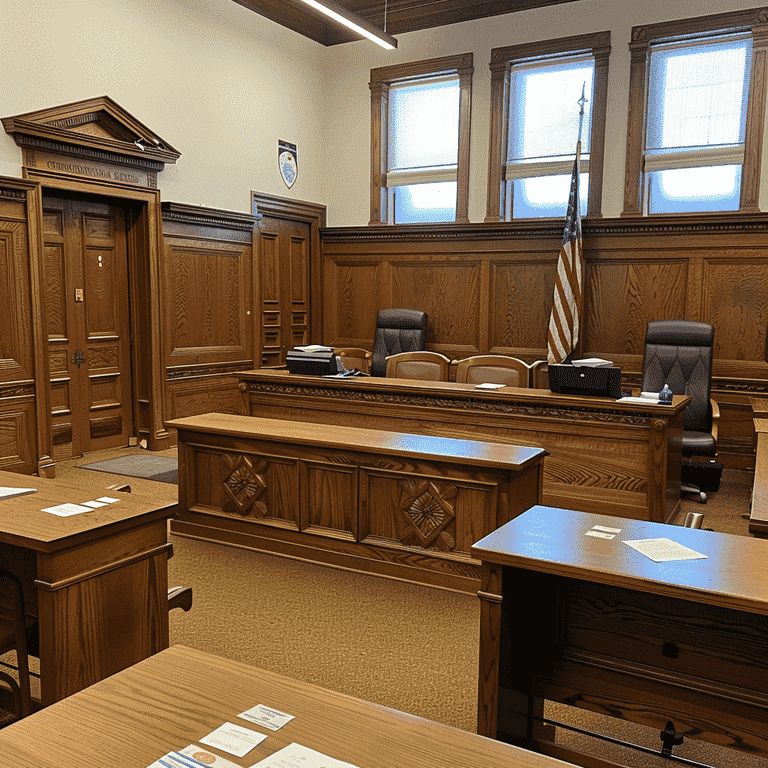
Key Participants in a Criminal Appeal
The appeal process is not a solo journey. Many vital figures play key roles in an appeal. They each contribute their expertise at different stages. This helps to navigate the complex legal waters.
Roles and Responsibilities of Appellate Lawyers
Appellate lawyers specialize in handling appeals, offering unique skills distinct from trial lawyers.
Crafting Arguments: They must distill complex legal issues into compelling arguments.
Research Skills: Extensive legal research is essential to back up claims of error.
Written and Oral Advocacy: Mastery in writing briefs and presenting oral arguments to appellate judges.
The Function of the Appellate Court Judges
Appellate court judges analyze the trial court’s record. They do this to find legal errors that could have affected the verdict.
Review Briefs: They meticulously review the written arguments submitted by both sides.
Oral Argument Deliberations: Judges listen to oral arguments and often pose challenging questions to understand the nuances of the case.
Decision Making: They decide whether to affirm, reverse, or remand the case based on their interpretation of the law and its application in the trial.
Impact and Role of the Original Trial Judge
The trial judge’s role during appeals is generally passive but crucial.
Record Keeping ensures a complete and accurate trial record, which is vital for a fair review.
Post-Trial Motions: This may rule on any post-trial motions that can affect the grounds for appeal.
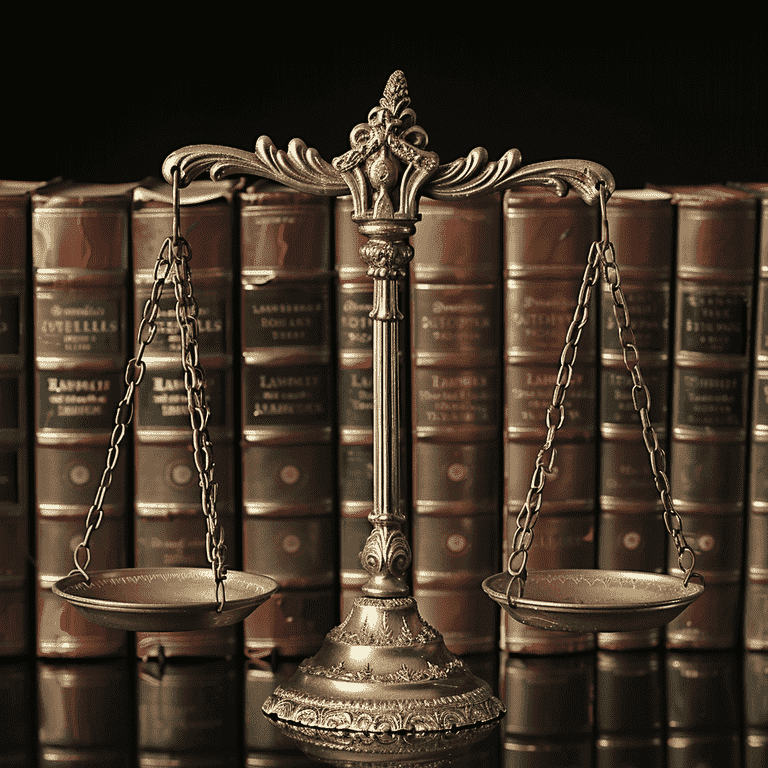
Possible Outcomes of a Criminal Appeal
Understanding possible outcomes is crucial for setting realistic expectations. Each decision carries significant consequences for the appellant.
Types of Decisions an Appellate Court Can Make
Affirming the Decision
The appellate court agrees with the trial court’s decision, meaning the conviction stands.
What it means to affirm a decision
The court found no substantial legal errors that would change the case’s outcome.
Consequences of affirmation
The original verdict is upheld, and no further action is taken on the appealed issues.
Reversing the Decision
The appellate court disagrees with the trial court, leading to a potential change in the verdict.
Grounds for reversal
Errors that had a material effect on the trial’s outcome, such as misapplication of the law or constitutional violations.
Potential outcomes following a reversal
Depending on the nature of the error, the case may be dismissed, or a new trial may be ordered.
Remanding the Case
The case is sent back to the trial court for further action.
Reasons for remanding a case back to the trial court
To conduct a new trial, re-sentence the defendant or correct procedural errors.
What happens on remand
The trial court addresses specific issues as instructed by the appellate court, which may involve a new trial or other legal proceedings.
Each potential outcome of an appeal is a critical turning point in the life of the legal case. By understanding these paths, appellants can prepare for the next legal steps.
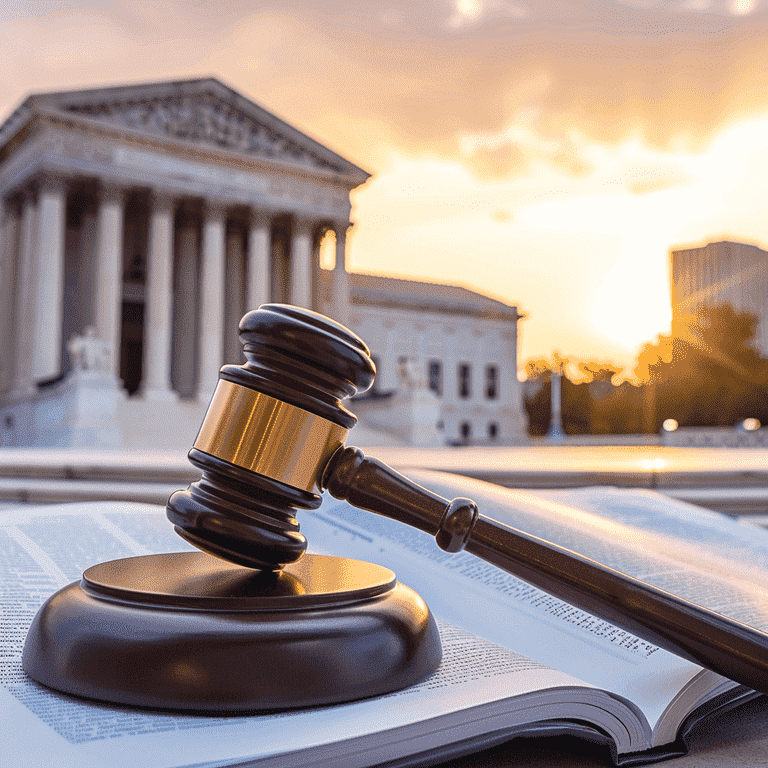
Impact of Appeals on Criminal Justice
One cannot overstate the role of appeals in the criminal justice system. They check the legal process closely. They ensure fair trials and correct application of laws.
How Successful Appeals Influence Criminal Law
Successful appeals can have a profound impact on criminal law, including:
Setting Precedents: Higher courts’ decisions on appeals often set legal precedents that lower courts must follow, influencing how laws are interpreted and applied in future cases.
Correcting Errors: Appeals help correct errors in the judicial process, enhancing the legal system’s fairness and integrity.
Promoting Legal Evolution: They encourage the evolution of law by addressing new legal issues and adapting old laws to modern contexts.
Broader Implications of Appellate Decisions on Legal Precedents
Consistency in Law: Ensures consistency and uniformity in the application of law across different jurisdictions.
Protection of Rights: Upholds the constitutional rights of individuals, reinforcing the justice system’s role in protecting citizen rights against legal oversights.

Resources for Understanding Criminal Appeals
Navigating the world of criminal appeals can be daunting. But, many resources can guide you. They can also deepen your understanding of this complex area.
Legal Resources and Reading Materials
Law Libraries: Offer comprehensive collections of legal texts, case law, and other scholarly articles on criminal appeals.
Online Legal Databases: Platforms like Westlaw or LexisNexis provide access to various legal documents, appellate court decisions, and legal commentary.
Educational Websites: Sites maintained by law schools or legal professionals often have detailed articles and guides about the appellate process.
Professional Assistance from Experienced Appellate Lawyers
Consulting an Appellate Lawyer: An experienced appellate lawyer can provide valuable guidance tailored to the specifics of your case.
Legal Aid Societies: Offer support and resources for those who cannot afford private legal consultation.
Bar Associations: Local or state bar associations often have referral services to help find qualified appellate lawyers.

Breaking It All Down
Understanding the criminal appeals process is essential for anyone involved in or affected by the criminal justice system. Whether you seek to appeal a conviction or wish to know how appellate courts influence the law, the insights provided here should serve as a solid foundation. Always remember, if you are directly involved in an appeal, professional legal advice from an experienced appellate lawyer is invaluable. This guide aims to empower you with knowledge and encourage those facing legal challenges to seek the proper support.

Frequently Asked Questions
Q: Does filing first in a divorce offer any advantages?
A: Yes, being the first to file can provide strategic advantages. You may have more time to prepare your case. You can also choose the jurisdiction. This can help if laws vary between places.
Q: Can the initial filer influence the divorce proceedings?
A: The person who files first often sets the tone of the proceedings by outlining the issues to be addressed, which may also influence the pace of the process.
Q: What are the financial implications of filing for divorce first?
A: Filing first can involve some upfront costs, such as filing fees and attorney costs. However, it might also allow for better financial planning and asset protection.
Q: How does filing for divorce affect custody discussions?
A: Filing first does not necessarily impact the outcome of custody decisions. Custody is based on the child’s best interests. It does not matter who filed for divorce.
Q: Are there emotional benefits or drawbacks to filing first for divorce?
Filing first can give a sense of control and readiness. It might ease some stress. However, it could also raise tensions between parties. This would affect the emotional tone of the divorce.
Q: Should I discuss my intention to file for divorce with my spouse before doing so?
Talking about plans can make the process friendlier. This is especially true if both parties agree on the need for divorce. However, in arguments, it might be wise to speak with a lawyer first. This will protect your interests.

Additional Resources for You
For those navigating legal challenges, it’s reassuring to know that help is available across a range of specialties. Molly Rosenblum Allen, Esq., our lead attorney at The Rosenblum Allen Law Firm, has developed an array of resources to assist you during trying times. Whether you’re facing criminal charges, dealing with the complexities of DUI, or addressing more personal legal issues, here’s how we can help:
- Criminal Defense Attorneys – Effective defense for a variety of criminal charges.
- Las Vegas DUI Lawyer – Specialized legal support for DUI cases.
- Domestic Violence Lawyer Las Vegas – Compassionate and robust defense for domestic violence charges.
- Drug Possession Lawyer – Defense strategies tailored to drug possession charges.
- Sex Crimes Attorney – Dedicated legal representation for those accused of sex-related offenses.
- CPS Defense Attorney – Advocacy in cases of child abuse and neglect allegations.
- Misdemeanor Lawyer – Legal advice for various misdemeanor charges.
- Las Vegas Warrant Defense Attorney – Assistance in resolving outstanding warrants and related legal issues.
- Las Vegas Probation Violation Attorney – Support for probation-related complications.
- Theft Crime Defense Lawyer – Defense services for theft and related criminal allegations.
- Kidnapping Lawyers – Expertise in handling serious charges like kidnapping.
- Juvenile Defense Lawyers – Specialized legal representation for juveniles facing charges.
- Firearms Lawyer Las Vegas – Legal guidance for firearms-related legal issues.
These resources have been carefully created to provide support and effective legal guidance, ensuring that you’re not alone no matter the complexity of your legal situation.

Outside Resources for You
American Bar Association (ABA) – Offers general legal information and resources on a variety of topics, including family law and divorce.
National Domestic Violence Hotline – Provides confidential assistance and support for individuals experiencing domestic violence, which can be particularly relevant in some divorce cases.
Substance Abuse and Mental Health Services Administration (SAMHSA) – Useful for finding support if substance abuse or mental health concerns are involved in the context of a divorce.
Child Welfare Information Gateway – Offers resources on child welfare, including custody issues and the impact of divorce on children.
National Council of Juvenile and Family Court Judges (NCJFCJ) – Provides publications and resources on family law, focusing on the welfare of children and families undergoing court procedures.
Justice.gov – The U.S. Department of Justice’s official website, which includes resources and information on legal rights, can be a valuable tool for understanding federal laws that might affect divorce cases.
MensDivorce.com – Focuses on providing divorce support and resources specifically for men, which can address unique challenges faced during the divorce process.

A Special Message from Our Lead Attorney, Molly Rosenblum Allen, Esq

Dear Reader,
Thank you for taking the time to explore our resources. I hope you found the information insightful and beneficial to your current situation. My team and I at The Rosenblum Allen Law Firm understand the complexities you may be facing. We are here to offer the support and legal expertise you need.
If you want to discuss your situation further, please do not hesitate to call us at (702) 433-2889. We are ready to assist you in taking the next steps towards resolving your legal matters.
Warm regards,
Molly Rosenblum Allen, Esq.
The Rosenblum Allen Law Firm

